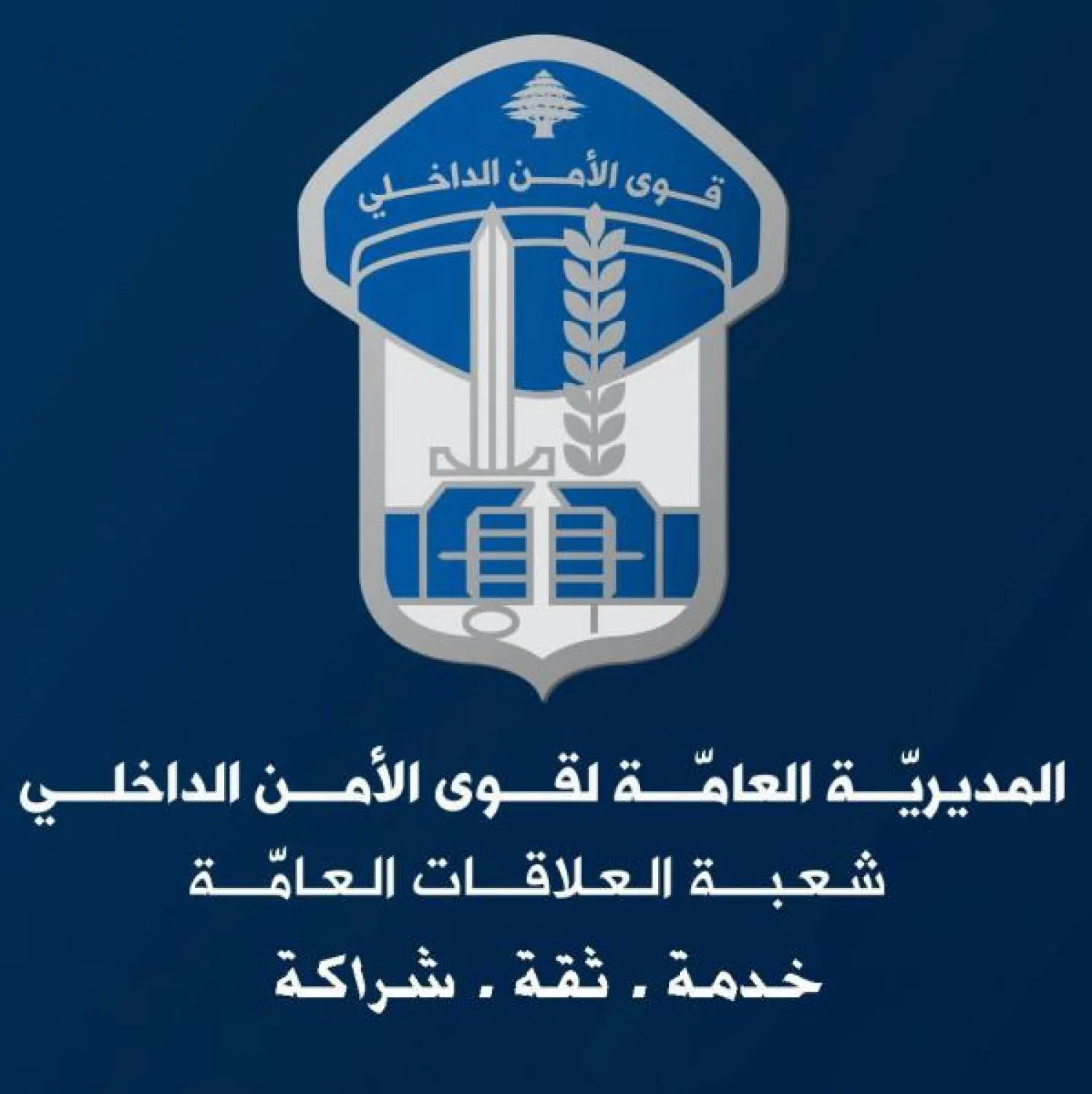Lebanese security forces arrested on Wednesday a “drug emperor” who is the kingpin of the most dangerous drug-trafficking networks in Beirut and Mount Lebanon.
In a statement, the Internal Security Forces (ISF) announced the arrest of the suspected leader of a drug dealing gang, who was identified as Lebanese national Aa.A., born in 1978 and wanted on 72 drug related charges.
The new operation comes within the framework of a campaign launched by the security forces last year, in Beirut and the southern suburbs in particular, to pursue wanted persons and mainly drug traffickers, after the aggravation of this phenomenon and the increasing number of drug users in various areas of the country.
The statement noted that the man was arrested on Jan. 4 during a raid by the ISF Information Branch on his residence in the Bekaa area of Hrabta.
The suspect has admitted to leading a drug trafficking network in Beirut and Mount Lebanon, under the pseudonym Youssef. He also admitted to selling drugs to a large number of users, according to the ISF statement.
The operation comes few days after the arrest of a person named Maher Mohammed Tleiss, in the Bekaa area of Brital. The man is wanted by the Interpol on charges of forming a car-stealing gang, kidnapping and producing counterfeit money, attacking members of the Army, as well as on suspicion of arms and drug trafficking.
“As a result of monitoring and follow-up, a force from the Directorate of Intelligence raided the home of Maher Mohamad Tleiss and arrested him in his hometown of Brital, in the Bekaa,” a statement from the Lebanese Armed Forces said.
‘Drugs Emperor’ Arrested in Beirut

Logo of Lebanon’s Internal Security Forces (ISF)

‘Drugs Emperor’ Arrested in Beirut

Logo of Lebanon’s Internal Security Forces (ISF)
لم تشترك بعد
انشئ حساباً خاصاً بك لتحصل على أخبار مخصصة لك ولتتمتع بخاصية حفظ المقالات وتتلقى نشراتنا البريدية المتنوعة







